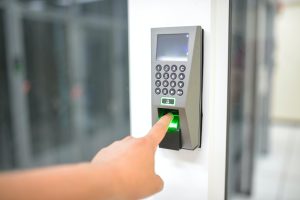
Ensuring robust security measures is critical to safeguarding people, assets, and sensitive information. Traditional security systems alone are often no longer sufficient in preventing modern threats.
One example of a high-security access control solution is biometrics. Biometrics provides a highly effective means of identifying individuals with an unprecedented level of accuracy, ideal for safeguarding restricted areas, critical infrastructures, and high-value assets.
Integrating biometrics such as fingerprints, iris scans, or facial recognition, into perimeter security systems has many advantages. Read on to discover some of the benefits of biometrics in perimeter security.
Accuracy and authentication
Biometric identifiers such as fingerprints, iris scans, or facial recognition, are unique to each individual. This means they provide a higher level of security than traditional access methods such as passwords or keycards, as they cannot be shared, stolen, or replicated, thus minimising the risk of unauthorised access.
Enhanced security and deterrence
Perimeter security systems that utilise biometrics are a strong deterrent against potential intruders. In the presence of a scanner alone, individuals will be discouraged from attempting to gain unauthorised access. The risk of being detected or having their biometrics data stored will deter them from trying to trespass, and reduce the likelihood of security breaches.
Convenience and efficiency
Cards, tokens, and passwords which are often used with traditional security methods, can be easily lost, forgotten, or stolen. This is not a problem with biometrics, as you are using your unique physical attributes to gain access. As well as increasing convenience, biometrics also reduces the administrative overhead of managing access credentials.
Audit trail and accountability
Biometric systems have an advantage over traditional systems in that they maintain an accurate and thorough record of where an individual has been and when. This creates a comprehensive audit trail which can be invaluable for investigations and accountability purposes. In the event of a breach or attempted breach, it will be much easier to identify the origin.
Cost-effectiveness
Although the initial implementation of biometric security systems may have a higher initial cost than traditional access control systems, they are often more cost-effective over the long term. The reduction in security breaches, unauthorised access incidents, and administrative overhead associated with managing traditional access methods can lead to significant savings.
Compliance and regulation
Compliance with stringent security regulations is non-negotiable in various industries. Offering a robust solution, biometric technology meets many regulatory requirements. Industries such as healthcare, finance, and critical infrastructure can benefit from the heightened security levels that biometrics provide.
Biometrics bring a host of advantages to perimeter security, including accuracy, efficiency, and adaptability, making it an ideal choice for securing sensitive areas and assets. Combining cutting-edge biometric solutions with traditional security measures ensures that your organisation has enhanced protection against modern threats.
If you are considering implementing biometrics or updating your perimeter security systems, get in touch with our team of experts at Gateway Automation on 01522 682255, or email info@gatewayautomation.co.uk, for professional help and advice.
With over 40 years of combined experience and expertise, Gateway Automation offers a value-for-money service with well-engineered and high-quality security systems and barriers, manufactured to your specific requirements.

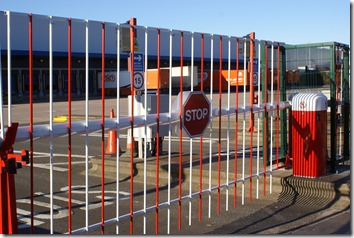 No matter whether you are a small, medium, or large organisation, there is always a place for physical security. Your business is home to your data, your employees and more so you must ensure they are protected as much as possible. Not only does physical security help protect your premises from an in-person attack but it also helps boost the strength of a company’s cybersecurity as well. Here are seven physical security measures every organisation should implement.
No matter whether you are a small, medium, or large organisation, there is always a place for physical security. Your business is home to your data, your employees and more so you must ensure they are protected as much as possible. Not only does physical security help protect your premises from an in-person attack but it also helps boost the strength of a company’s cybersecurity as well. Here are seven physical security measures every organisation should implement. 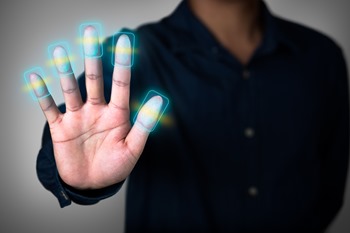
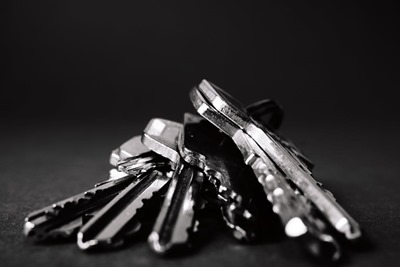

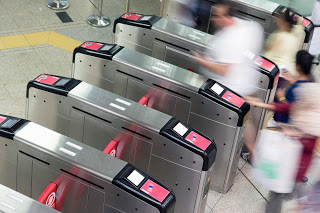
Recent Comments